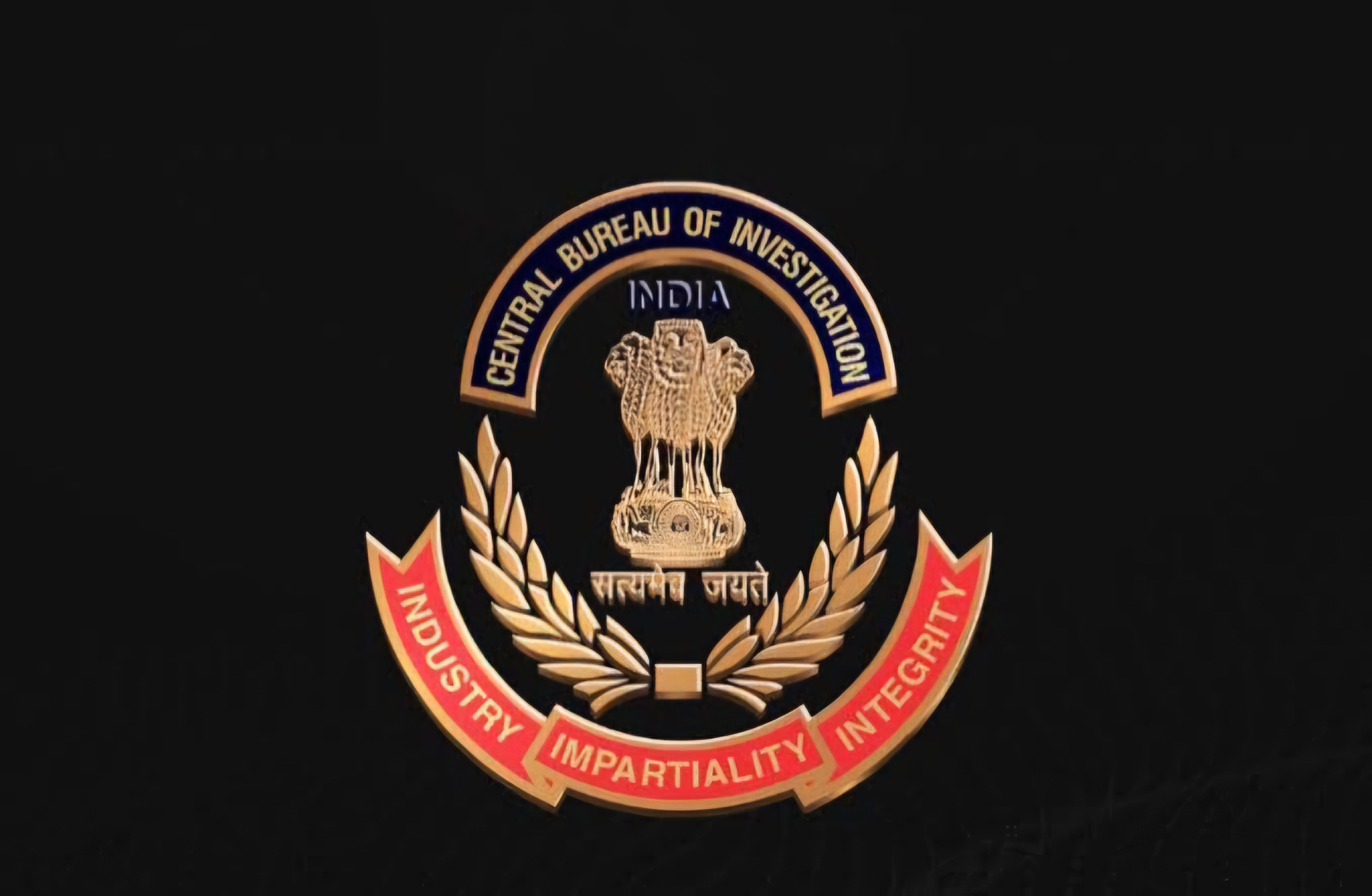


In a noteworthy administering on September 10, 2024, the Delhi Tall Court tended to the Central Bureau of Investigation's (CBI) jurisdictional reach within the case of Lambodar Prasad Padhy vs Central Bureau of Examination. The court, managed over by Equity (Judge's Title), inspected whether the CBI exceeded its lawful order whereas exploring charges against Padhy, a open hireling blamed of monetary indecency.
Background
Lambodar Prasad Padhy, a senior government official, was confronting genuine affirmations of debasement and misappropriation of open reserves. The charges were established in his residency as the head of a state-run substance where he supposedly siphoned off expansive wholes through false contracts. The CBI, based on the headings of the central government, started a test against Padhy beneath different arrangements of the Anticipation of Debasement Act and the Indian Corrective Code (IPC).
Padhy's lawful direct, in any case, challenged the CBI's inclusion, contending that the organization needed the specialist to investigate the matter because it fell beneath the select domain of state specialists. Concurring to the guide, the charged offenses happened inside the state's ward, and the CBI's obstructions was both illegal and illegal.
Key Legal Arguments
Section 6 of the Delhi Special Police Establishment Act, 1946, which establishes the CBI's jurisdiction, was the main point of disagreement. According to the statute, the CBI cannot begin an investigation within the state's borders without first obtaining permission from the state government. The petitioner's attorney argued that the investigation was illegal since the CBI had not gotten this consent. They further contended that the accusations against Padhy fell beyond the purview of the CBI's mission because they were essentially administrative in character and involved procedural errors rather than criminal intent.
The Court's Administering
The Delhi Tall Court fastidiously analyzed the arrangements of the Delhi Uncommon Police Foundation Act and pertinent case law. It emphasized the significance of adjusting the government structure of the nation, where both the state and central governments have portrayed powers. The court famous that "jurisdictional overextend by central investigative organizations into things fundamentally represented by state specialists can disturbed this adjust."
The court ultimately ruled in favor of the CBI, holding that while the agency had not sought explicit consent from the state, the nature of the allegations warranted its intervention. The judgment clarified that in cases where central schemes are involved, the CBI’s jurisdiction can be invoked even without prior state consent, provided there is sufficient evidence to suggest national interest.
Implications of the Judgment
The future of investigations into claims of corruption connected to central government projects will be greatly affected by this verdict. The CBI's role in combating corruption at the federal level is increased by the court's interpretation of its jurisdiction, especially where central funds are at stake. In addition, the court cautioned the CBI to "exercise restraint and respect the federal structure of governance." It highlighted how important it is for federal and state authorities to work together more closely in order to prevent investigations from jeopardizing state governments' independence.
Conclusion
The decision of the Delhi High Court creates a precarious balance between state sovereignty and the CBI's authority to look into significant national corruption cases. It permits the agency to carry out its mandate of protecting public monies while reinforcing the necessity of unambiguous procedural safeguards. This ruling should serve as a warning to public servants that corruption will be closely examined at the highest levels, especially when it involves central initiatives.
Click Here to: Download/View Related File
TAGS: CBI jurisdiction Delhi High Court Prevention of Corruption Act financial impropriety Lambodar Prasad Padhy Delhi Special Police Establishment Act corruption investigation central government schemes.